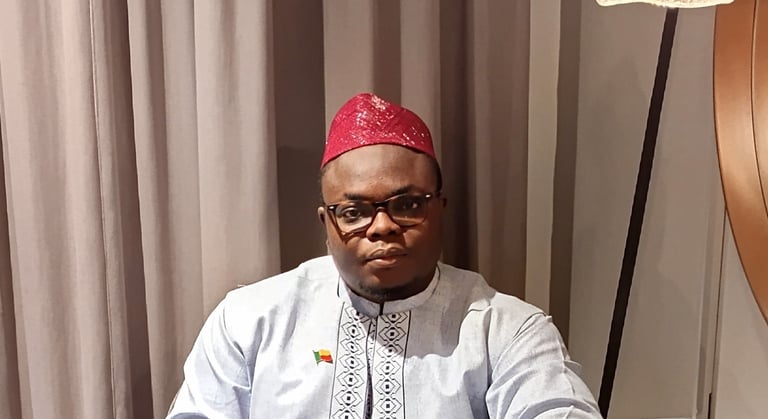COP30: between symbols and flaws
From November 10 to 21, 2025, COP30 will be held in Belém, Brazil, in the heart of the Amazon. It is a highly symbolic location: vast forests, dying ecosystems, and the promise of a real turning point for global conservation. But behind this carefully orchestrated showcase lies a much harsher reality. In light of the commitments made since the Paris Agreement and the African climate summits, the conclusion is damning: lots of numbers, little action.
11/12/20252 min read


Since the Paris Agreement, climate finance targets have carried the illusion of ambition: a supposed floor of 100 billion dollars per year for global climate finance. Yet these figures remain poorly tracked and largely insignificant, and their transparency remains questionable.
At the first Africa Climate Summit (Nairobi, September 2023), announcements of commitments reached nearly 36 billion dollars, according to the African Development Bank. Impressive numbers on paper. But in reality, the amounts actually mobilized and made available remain unclear; consistently falling short of declared goals.
The gap is staggering: while Africa’s adaptation needs are estimated at several hundred billion dollars per year, what is actually disbursed represents only a negligible fraction. A gap that is not only alarming, but it is deadly.
Beyond the financial figures unfolds a human crisis of unprecedented scale. According to the World Bank, up to 86 million Africans could become internally displaced by 2050 due to climate disruption. Globally, the UN High Commissioner for Refugees (UNHCR) reports 250 million people displaced by climate-related disasters over the past decade.
These staggering figures outline the contours of a looming tragedy: recurring droughts, devastating floods, the gradual disappearance of arable land, and chronic food insecurity. Africa, the continent contributing the least to greenhouse gas emissions, is paying the heaviest price for a crisis it did not create.
As the world gathers at COP30, one blunt question arises: will this summit finally meet the aspirations of the most vulnerable? The risk is clear; that the billions once again remain abstract figures, disconnected from any tangible reality, while the most exposed populations continue to sink, deprived of land, support, and future.
The paradox is cruel: these grand climate gatherings generate their own massive carbon footprint , through international travel, temporary infrastructures, and funds announced but rarely applied. A legitimate question emerges: who truly benefits from these endless negotiations? And above all, who pays the highest price?
Africa will no longer settle for empty promises. The continent now demands a radical paradigm shift: real and traceable climate justice, effective financing, and measurable, immediate results.
It is time to move beyond promises, and act!
Alexandre ZOUMMAN
President, YAAC - Youth Alliance for Agroecology and Climate
